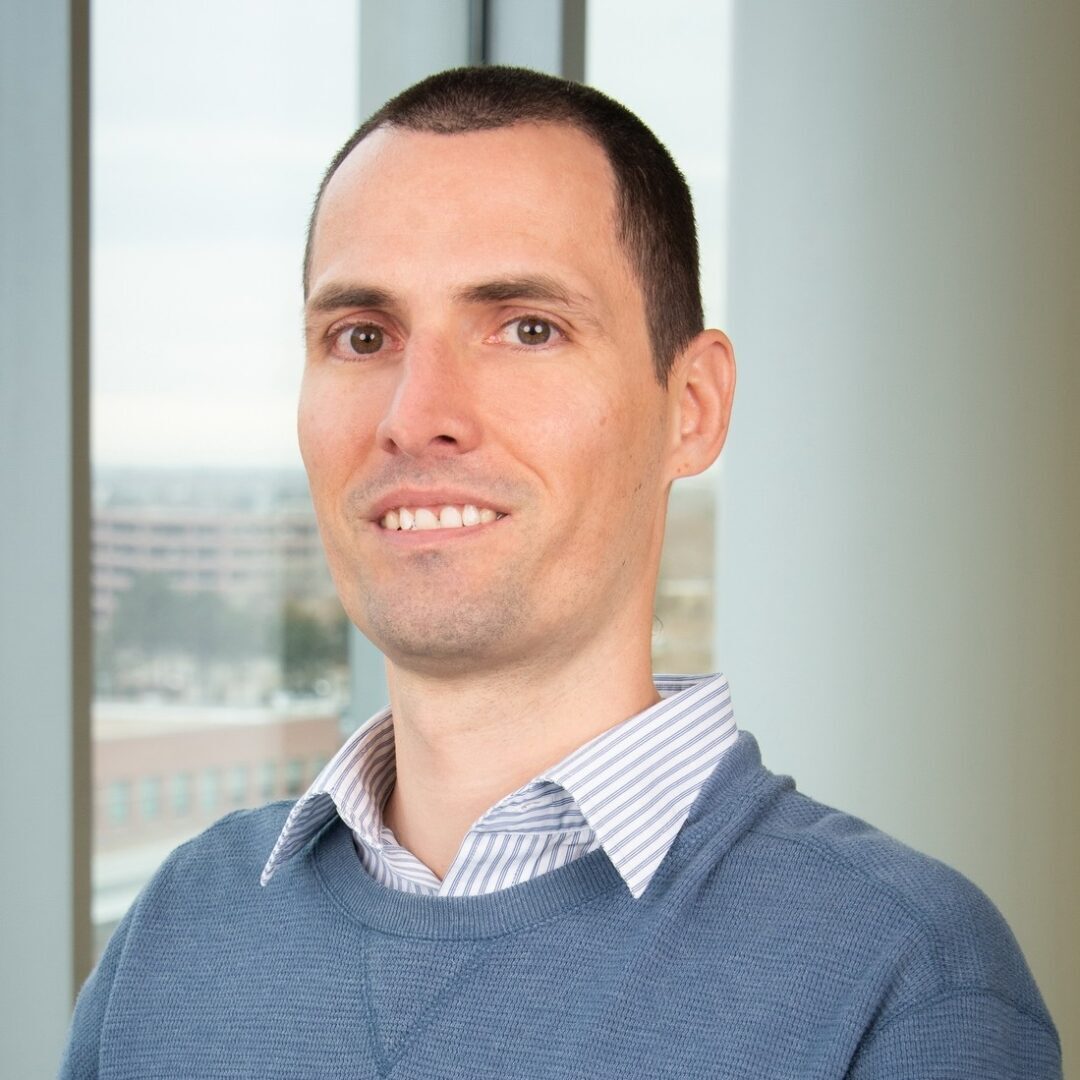Crystallography-based fragment screening to develop pharmacological chaperones for classic HCU
Principal Investigator: Tomas Majtan, PhD

January 15, 2025
HCU Network America has announced the recipient of its fifth research grant, awarded to the University of Fribourg in Switzerland. The funding will support the development of new therapies to treat classical homocystinuria. The research, led by Dr. Tomas Majtan, aims to develop a cell-based assay to assess CBS protein stability as a screen for pharmacological chaperones. Dr. Majtan is a senior researcher in the Department of Pharmacology at the University of Fribourg in Switzerland.
According to the principal investigator, Dr. Tomas Majtan, “Mutations in the cystathionine beta-synthase (CBS) gene cause the CBS proteins to malfunction. These mutation-impaired CBS proteins don’t fold correctly, are unstable, and break down quickly. When CBS doesn’t work properly, a substance called homocysteine builds up in the body, leading to a condition called homocystinuria (HCU). In this project, we aim to create a new method to monitor how CBS proteins fold inside cells and use this method to find new drugs that can fix the misfolding and instability of these proteins. If successful, this project could lead to new treatments for HCU.
HCU Network America Board President, Margie McGlynn said, “This project will help advance an important screening tool and identify potential chaperone therapies that could stabilize a defective CBS enzyme and lower homocysteine levels in many patients, which would be expected to have a very beneficial effect on their clinical status and quality of life.”
About Tomas Majtan
Tomas Majtan, PharmD, PhD, is an Assistant Professor in the Department of Pharmacology of the Faculty of Science and Medicine at the University of Fribourg in Fribourg, Switzerland.
Dr. Majtan completed his undergraduate studies at the Faculty of Pharmacy at Comenius University in Bratislava, Slovakia, earning his PharmD in 2003. He continued with postgraduate education at the Slovak Academy of Sciences, earning a PhD in Molecular Biology in 2006. In 2007, he started postdoctoral training on enzymology and biochemistry of cystathionine beta-synthase (CBS) and pathophysiology of CBS-deficient homocystinuria (HCU) under the mentorship of Professor Jan P. Kraus at the University of Colorado School of Medicine, Aurora, Colorado. In 2013, he gained independence as an Assistant Research Professor at the Department of Pediatrics, Section of Genetics and Metabolism, University of Colorado Anschutz Medical Campus. In 2021, he moved to Switzerland at the University of Fribourg, joining the Department of Pharmacology headed by Professor Csaba Szabo, where he continues working on understanding molecular mechanisms of CBS biology in health and disease and developing new treatments for conditions where CBS activity is insufficient (such as HCU) or becomes dysregulated (such as various forms of cancer and Down Syndrome).
Dr. Majtans' contributions to the field include (1) identification of CBS misfolding as the primary pathogenic mechanism leading to HCU, (2) clarification of CBS alternative reactivity and its contribution to biogenesis of hydrogen sulfide, (3) biophysical and structural insights into allosteric ligand binding to the regulatory domain of CBS causing significant conformational rearrangement of the enzyme and (4) development of novel therapies targeting Hcy metabolism or dysregulated CBS activity. Dr. Majtan lead the research and preclinical development of pegtibatinase, a novel enzyme replacement therapy for HCU currently in Phase 3 trials clinically developed by Travere Therapeutics.
According to Experscape.com (https://expertscape.com/), Dr. Majtan ranks as the #1 expert in Homocystinuria, #2 in Hyperhomocysteinemia, and #20 in Inborn errors of amino acid metabolism. He has mentored and supervised several graduate and postgraduate students or research associates. He has authored over 60 peer-reviewed papers published in international journals and several patents, book chapters, and monographs. He regularly presents his research at various conferences and meetings. In addition, he serves as a reviewer for multiple scientific journals and funding agencies.
